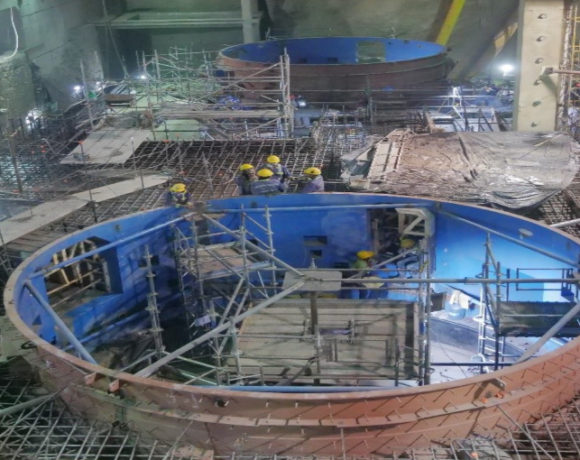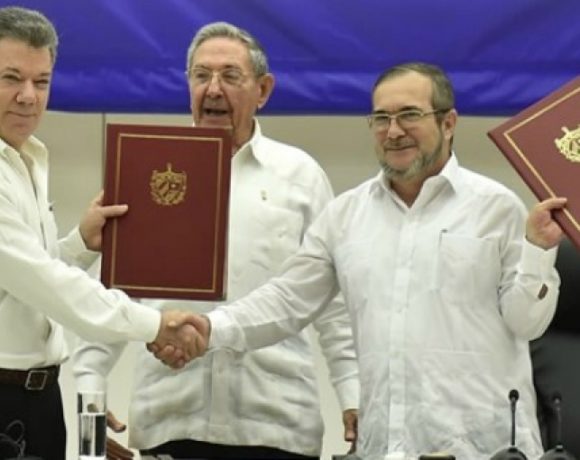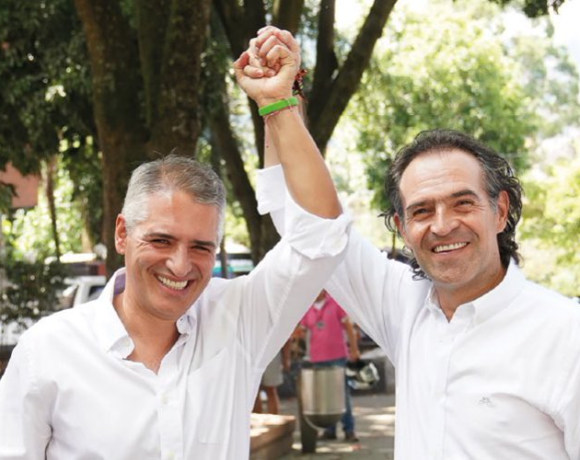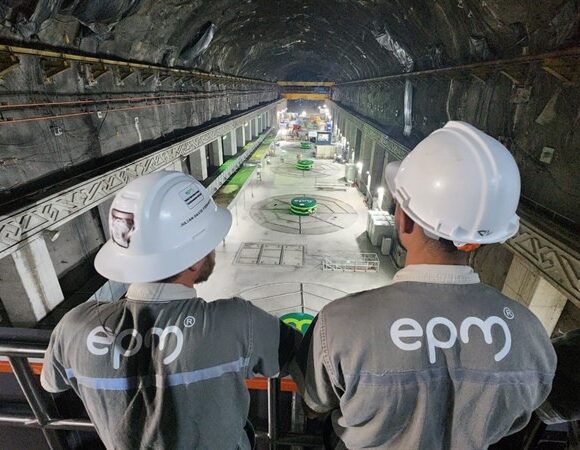Colombia Congress Rubber-Stamps ‘Peace’ Deal with FARC
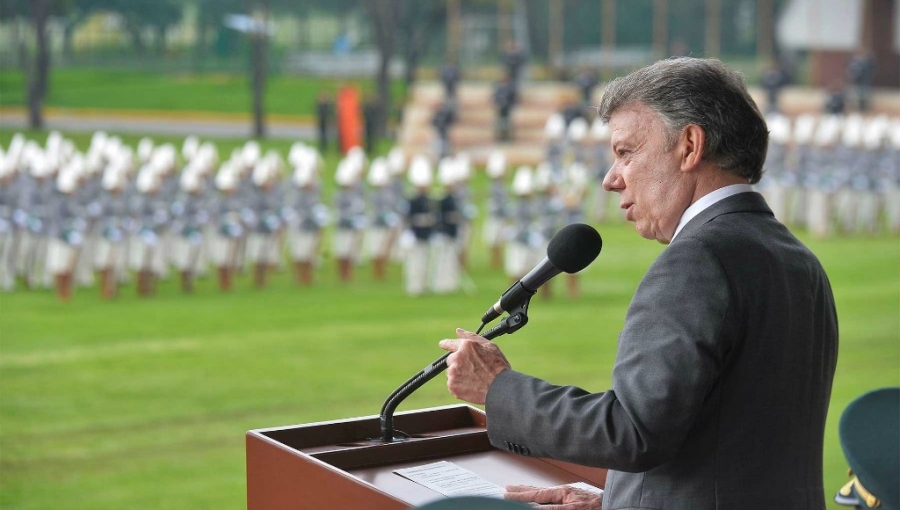
With the opposition Centro Democratico party boycotting the votes, Colombia’s House of Representatives and Senate voted unanimously November 29 and November 30 to approve a revised “peace” deal with the narco-terrorist Fuerzas Armadas Revolucionarias de Colombia (FARC).
Meanwhile, Colombian President Juan Manuel Santos declared that following the vote, all of the FARC’s weapons would be turned-over to a special United Nations peace-keeping force within 150 days.
Santos added that the original “peace” deal – rejected by Colombia’s voters in a national plebiscite in October – had since been revised by incorporating 57 of 60 proposals subsequently brought by opponents to the deal. Rather than taking the revised deal to another public plebiscite where it could have failed again, Santos decided to take the deal to Congress, where he enjoys an absolute majority.
Even under the revised “peace” deal, FARC leaders still won’t spend a single day in jail — and can now run for political offices, despite 50 years of mass murders, kidnappings, forced child recruitment, narcotrafficking, massive extorsions, environmental destruction, and the forced displacement of millions of Colombians.
President Santos claims that the deal was necessary to avoid further violence – a theory rejected by at least half of Colombians, although even some of FARC’s victims had lobbied in favor of the “peace” pact.
Centro Democratico had proposed that FARC leaders could run for political office, but only after serving jail time – perhaps in special work-farms.
Ironically, the leaders of “paramilitary” groups that arose initially to fight back against the FARC — but subsequently fell into the same trap of narco-trafficking and terrorism – have all received lengthy prison sentences, and are banned from political offices.
Colombia’s Constitutional Court now must decide whether the government can pursue a “fast track” implementation of the “peace” accords, or else must go through the more time-consuming ordinary law-making process in the Congress.

